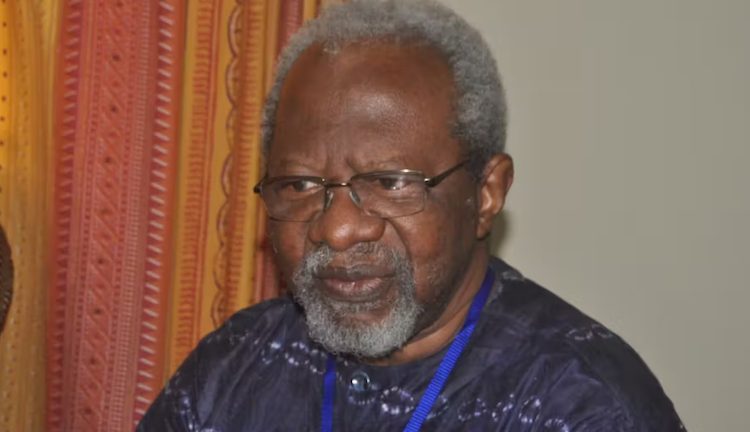By Lisa Vives, Global Information Network
NEW YORK | 31 March 2024 (IDN)—Paulin Jidenu Hountondji of Benin, West Africa, considered one of the founding fathers of modern African philosophy, has recently passed away at the age of 82.
His work “On African Philosophy” (1976) greatly clarified the debate over African philosophy—freeing it from the colonial perspective that considered African metaphysics a set of mythological beliefs.
Hountondji was the first African admitted as a philosophy student at the most prestigious school in France—the École Normale Superieure. His work shaped the study of philosophy in Africa and became a kind of second declaration of independence for Africa in the view of the African philosophers who followed him.
After the passing of renowned Ghanaian philosopher Kwasi Wiredu in early 2022, Hountondji was considered “Africa’s greatest living philosopher”.
A modest man who spent his career teaching in African universities, mostly at Benin’s national university, Hountondji believed something was amiss in European efforts to tell Africans how they should think about their place in the universe.
He rebelled against efforts to force African ways of thinking into European concepts, developing a critique of what he called “ethnophilosophy”.
Hountondji was an early critic of the book “Bantu Philosophy” by the Belgian missionary Placide Tempels, which, for nearly 30 years, set the tone for African philosophy.
“African Philosophy: Myth and Reality“
Tempels’ book, published in 1945, was seen by a first generation of pre-independence African intellectuals as groundbreaking—restoring intellectual dignity to a continent viewed as “primitive” in the colonialist world view.
But in a series of essays collected in the book “African Philosophy: Myth and Reality” (published in 1976 in French and in 1983 in English), Mr Hountondji demolished the Belgian priest’s work as no more than ethnographic racist musings that ultimately bolstered colonialism.
“Indeed,” wrote Hountondji, “Bantu Philosophy did open the floodgates to a deluge of essays which aimed to reconstruct a world view attributed to all Africans… But on closer scrutiny, it is clear Father Tempels’ work is not addressed to Africans but to Europeans, particularly missionaries… for whom he closes his book with a chapter titled ‘Bantu philosophy and our mission to civilize.’
“In effect, (with Tempels’ book) we are back to square one: Africans are, as usual, excluded from the discussion, and the Black man remains a topic, a voiceless face under private investigation, an object to be defined and not the subject of a possible discourse.”
Among the tributes and condolences since his passing on Feb. 2 at his home in Cotonou, Benin, was this from the Council for the Development of Social Science Research in Africa (CODESRIA) where he served as vice president.
“Born on April 11, 1942, Professor Hountondji became a towering intellectual figure and distinguished scholar who shaped the discipline of philosophy by advancing unparalleled insights and elaborating new thinking in the field of African philosophy.
“Even after achieving academic and intellectual acclaim, and long after obtaining a doctorate from the University of Paris-Nanterre in 1970, Professor Hountondji remained a lifelong student, continuing on to earn his doctorat d’Etat at l’Université Cheikh Anta Diop under the supervision of Professor Souleymane Bachir Diagne.”
“To this day, his contributions within the CODESRIA and the broader epistemic community remain immeasurable.” [IDN-InDepthNews]
Photo: Paulin Jidenu Hountondji. Source: Daily Nous
IDN is the flagship agency of the Non-profit International Press Syndicate


